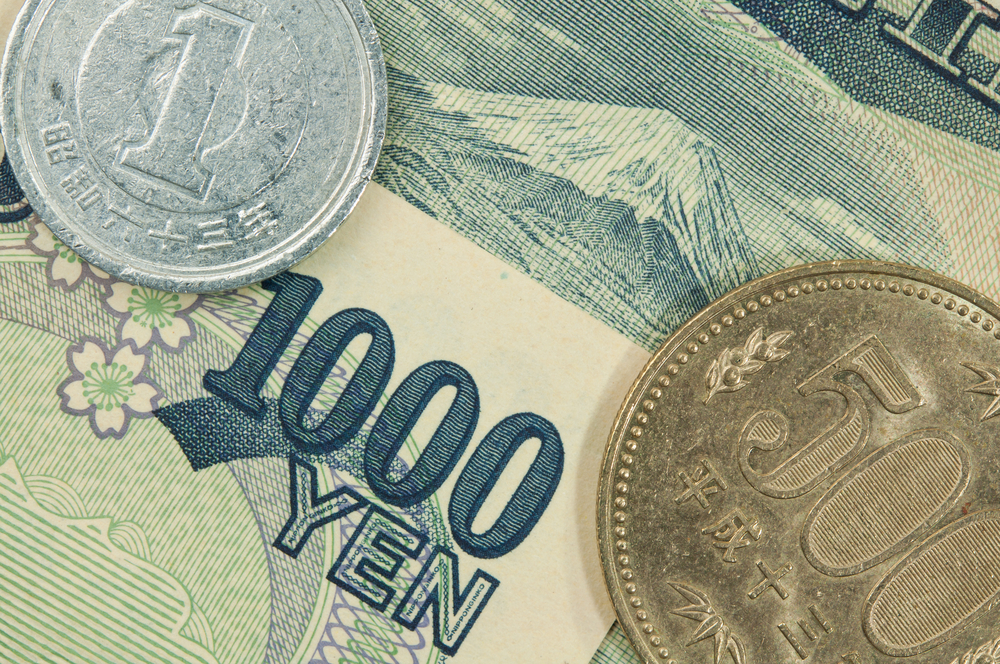Briefly-
- The yen touched a 24-year low.
- The Bank of Japan is unlikely to arbitrate as inflation remains subdued.
- Wage inflation pressures stay low.
The Japanese yen (JPY) sees extended declines as it touched new 24-year lows against the United States dollar. Yesterday’s trading sessions saw it plunging towards the 136.70 low – an area never witnessed since 1998.
Apart from the declines, one should observe the pace at which the yen loses its value. The currency has lost over 15% against the United States dollar and its other peers since March 2022. Moreover, this isn’t the first time the yen saw such aggressive moves. Mixed innovation policies slumped the currency lower (back then) when it hovered beneath 80% against the dollar.
The Bank of Japan is among the leading banks that smoothened financial policy as the nation saw low inflation and growth for multiple years. Meanwhile, BOJ resorted to yield curve control, qualitative easing, and quantitative easing programs to bring inflation near 2%, the bank’s target.
BOJ Battled for Years to Ensure Higher Inflation
Inflation or its absence has been the main challenge for the BoJ within the last decades. Leading banks in steady economies boast a price stability mandate, defined by an inflation level of 2%. Central banks consider 2% far from zero, ensuring space to navigate interest rates whenever the economy requires stimulus.
Nevertheless, the Bank of Japan saw challenging placing inflation at a positive level, leave alone the target of 2%, regardless of acting more than other banks in easing financial policies.
However, inflation has begun climbing. The Consumer Price Index (CPI) and the Producers Price Index (PPI) should follow. Still, the two have a gap, and the Bank of Japan would likely prefer higher CPI before planning to shift its policy.
Japan’s Wage Inflation Still Low
Japan is yet to witness wage inflation. Wages remain crucial in surging inflation, and though some signals indicate Japan’s wage inflation took hold, the BOJ remains unbothered, at least for now.
YCC Policy Has BOJ Easing While Oher Banks Tighten
The YCC program contributed to most of the yen’s recent depreciation. Global yields remain elevated, and Japan isn’t immune. However, the BOJ continued to buy bonds to prevent yield surges.
Global yields will surge as other central banks hike rates, forcing the BOY to more policy ease. Japanese yen would see pressure until this vicious cycle completes. Thus, investors should wait for more upsurges in the USD-JPY and other yen pairs.

